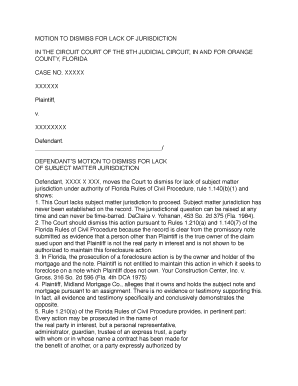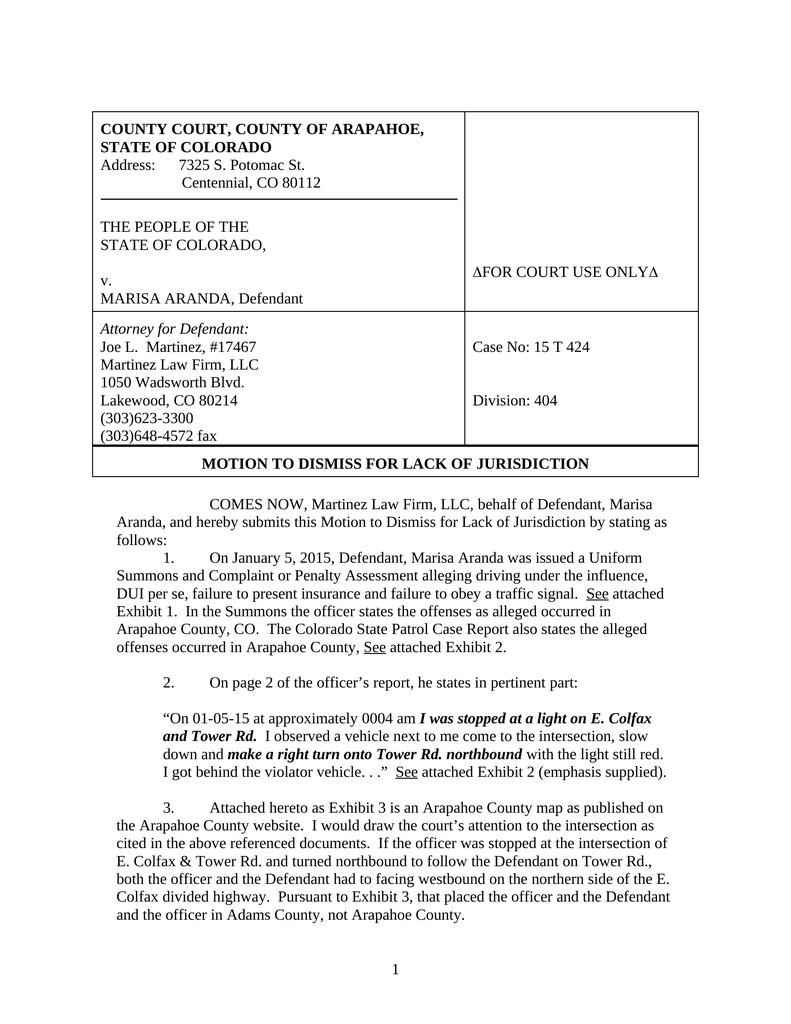
Rule 16(b)(4) states that a scheduling order “may be modified only for good cause and with the judge’s consent.” Under Rule 16(b), good cause exists where the moving party has diligently made efforts to meet court imposed deadlines. This is because “ scheduling order is not a frivolous piece of paper, idly entered, which can be cavalierly disregarded by counsel without peril.” When determining whether good cause exists, courts focus less on the substance of the party’s proposed amendment(s) and more on the timeliness of the motion to amend and the reasons for its tardy submission. Courts often consider whether the moving party acted in good faith, the length of the delay and its effects, and whether the delay will prejudice the non-moving party. When counsel successfully attacks the sufficiency of the allegations in a complaint through a Rule 12(c) motion, the court will usually dismiss the complained of causes of action without prejudice. However, where the efficacy of a Rule 12(c) motion truly shines, and becomes a devastating tool in the litigator’s arsenal, is when the motion is strategically filed after the deadline in the scheduling order to amend the pleadings has passed. Rule 12(c) permits counsel to timely answer the complaint, on short notice, without waiving the ability to later address the sufficiency of the complaint’s allegations. Thus, counsel is able to timely respond to a lawsuit but, yet, preserve his client’s rights to seek dismissal for the plaintiff’s failure to state a claim. It is not unusual during the course of one’s practice for a client to be sued and retain counsel within a short period of time before a response pleading must be filed. In these instances, counsel has little time to conduct an in-depth review of the plaintiff’s allegations, research the merits of the asserted claims, and review the sufficiency of the allegations under Rule 8.

Motions for judgment on the pleadings are governed by the same standard as a motion to dismiss for failure to state a claim under Rule 12(b)(6). The court’s review of such motions is strictly limited to the contents of the parties’ pleadings and any documents attached thereto. Effectively, Rule 12(c) provides the benefits of the entry of judgment while strictly examining the sufficiency of the pleadings.

Rule 12(c) states that “fter the pleadings are closed-but early enough not to delay trial-a party may move for judgment on the pleadings.” The pleadings close after the following documents are filed: a complaint, an answer to the complaint, any counterclaims and answers, third-party complaints and answers, and any reply to an answer, if ordered by the court. The relief available under Rule 12(c) depends on the defenses pled in the answer and the manner in which one decides to attack the pleadings. Generally, a motion for judgement on the pleadings can be employed in two effective ways: (1) to attack the sufficiency of the allegations in the complaint and (2) to attack the merits of a claim. Depending on the timing of the motion and the manner in which the complaint is attacked, dismissal of a claim may be either with, or without, prejudice. When prompted, most defense litigators will often identify pre-answer motions to dismiss or motions for summary judgment as the preferred pre-trial vehicles to dispose of a plaintiff’s claims. However, Rule 12(c) provides another effective, and potentially devastating, tool for litigators to dispose of claims and cripple their opponent’s case, and can be incorporated into their litigation strategy and regular practice. A motion made under Federal Rule of Civil Procedure 12(c) (or a similar state rule of procedure where available) can be used to attack the sufficiency of an opponent’s pleadings and the viability of their underlying claims prior to trial. Motions for judgment on the pleadings are an often misunderstood and underutilized tool in the litigator’s arsenal.


 0 kommentar(er)
0 kommentar(er)
